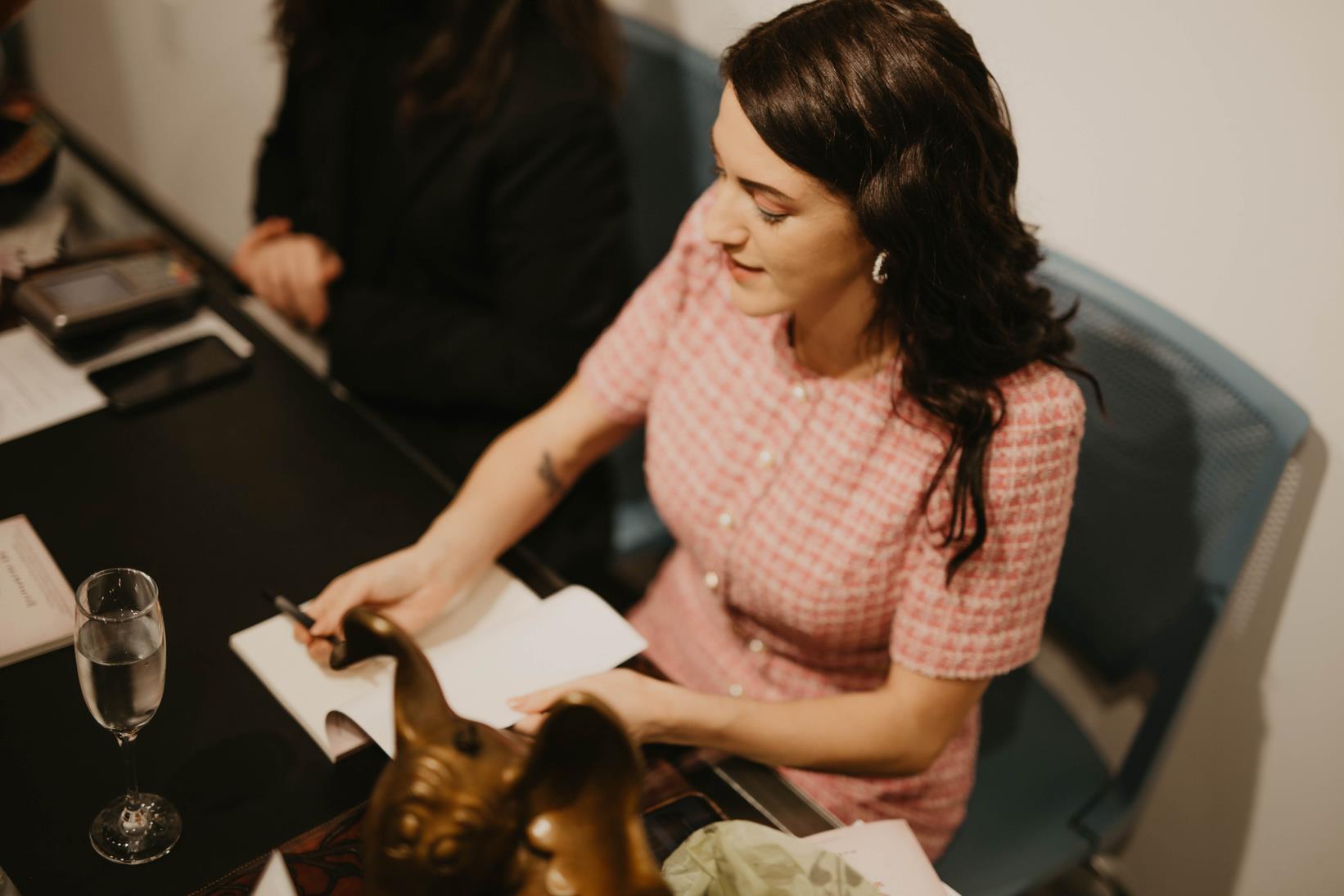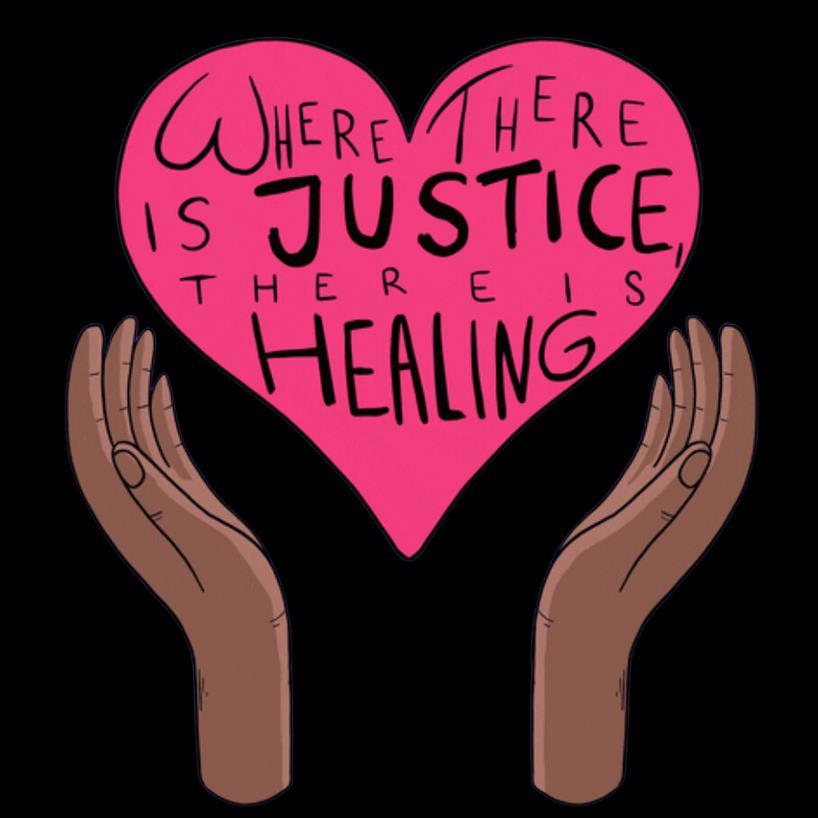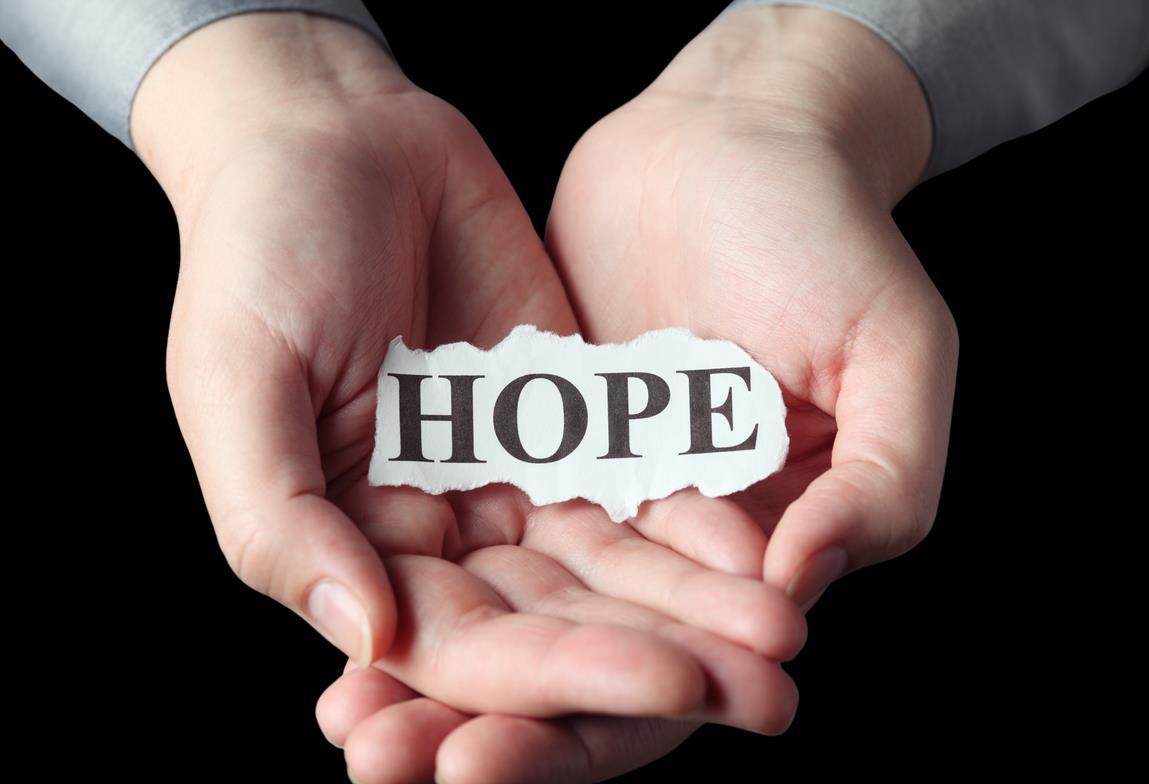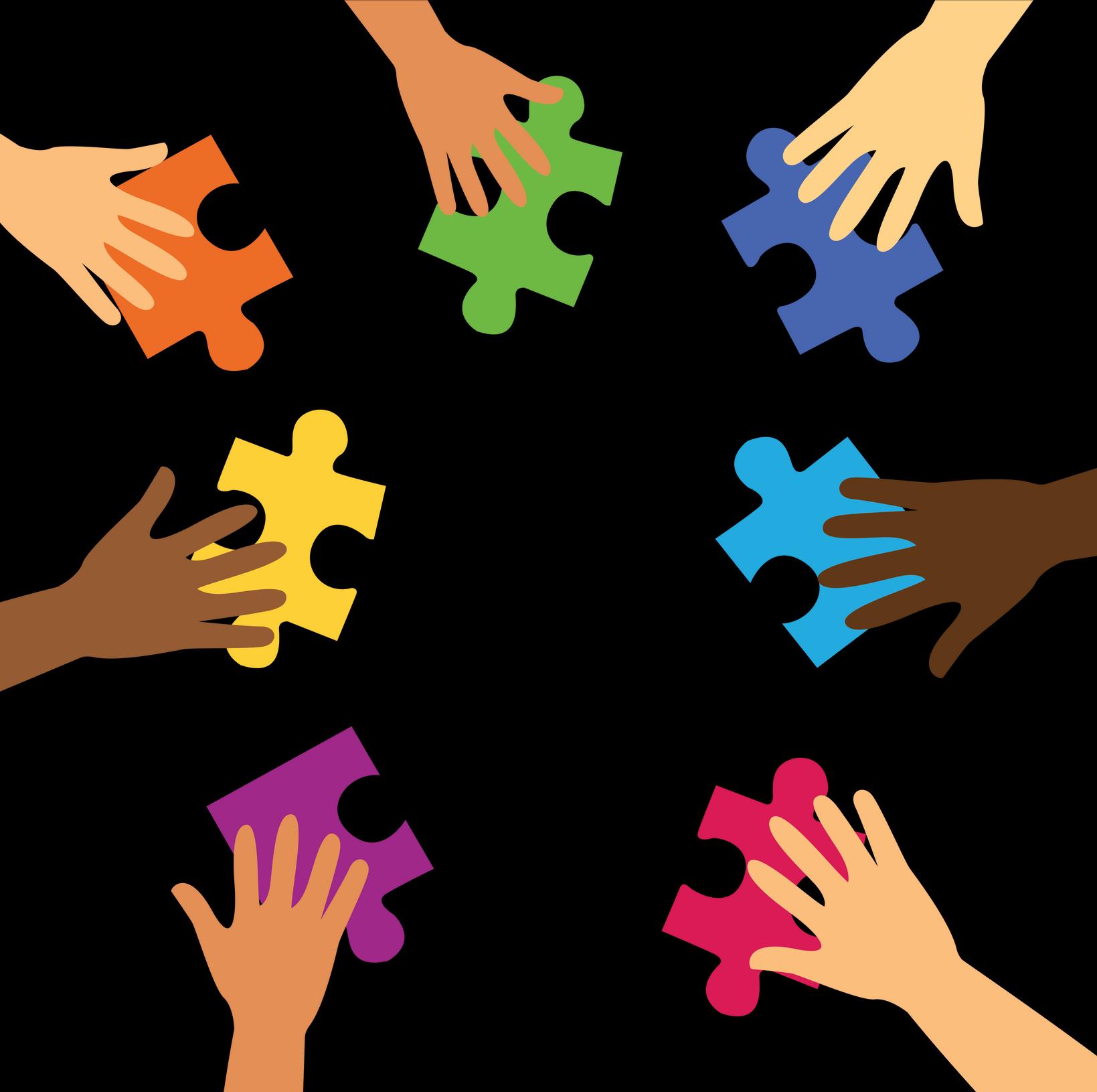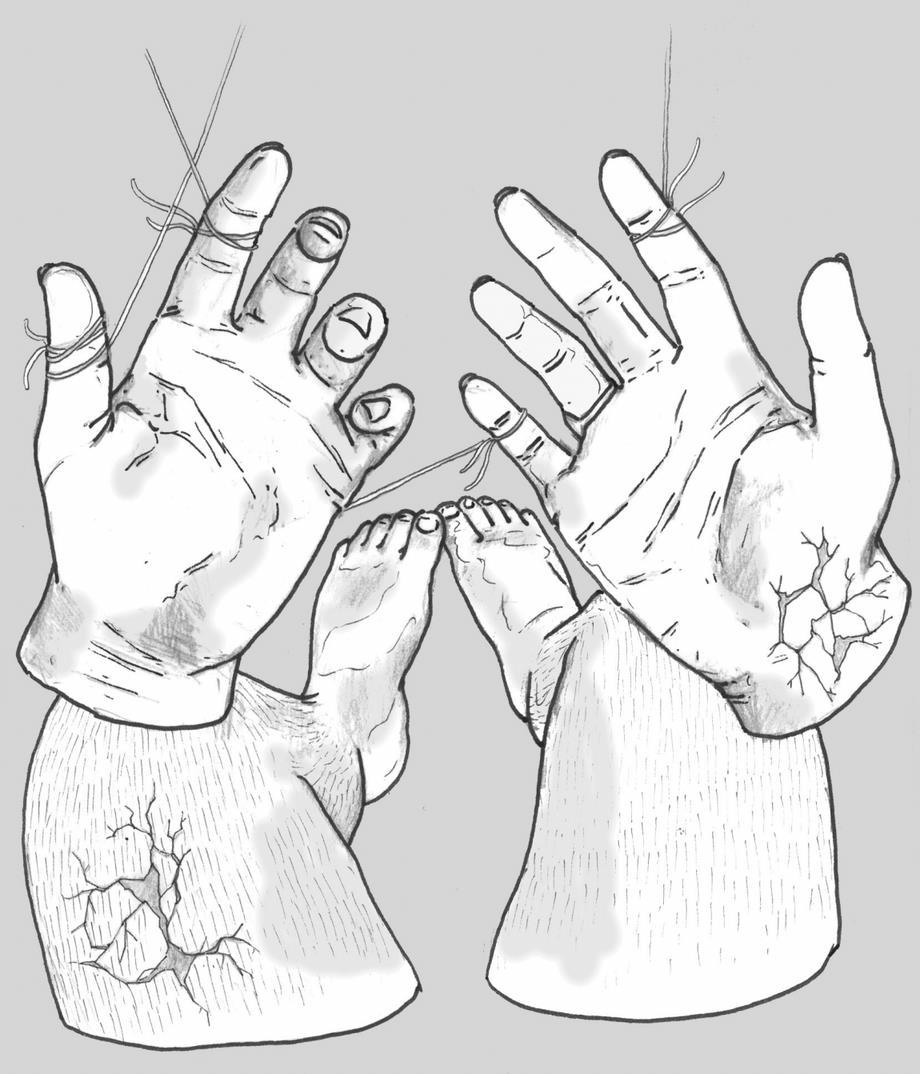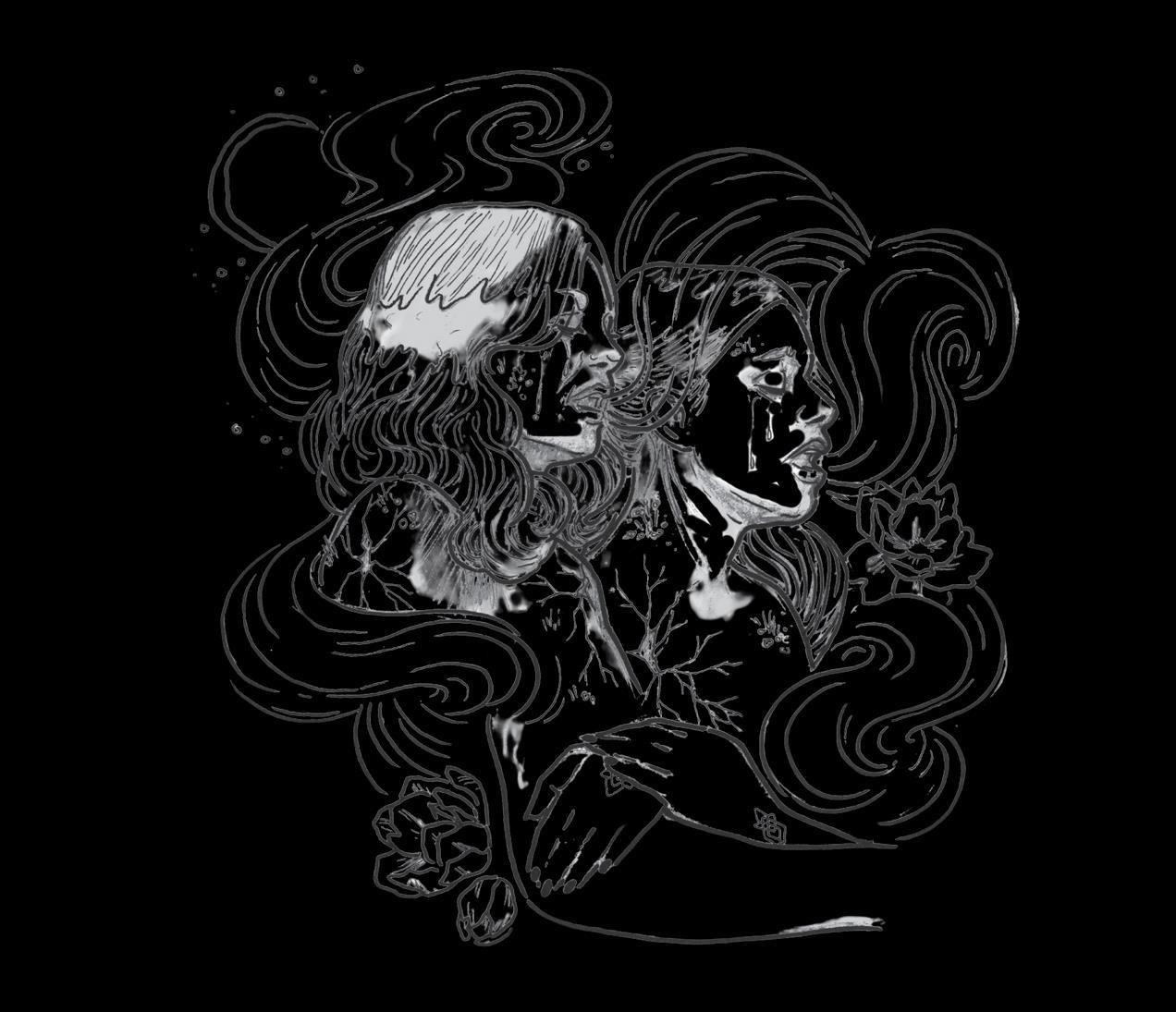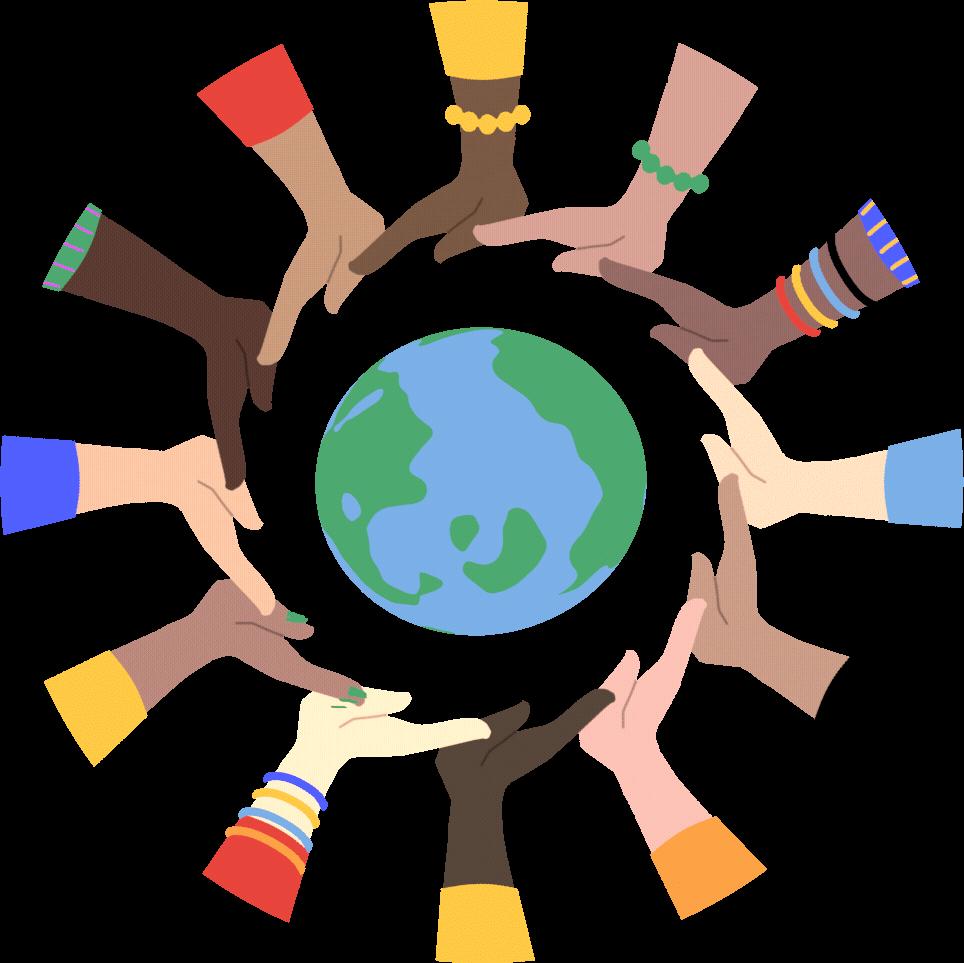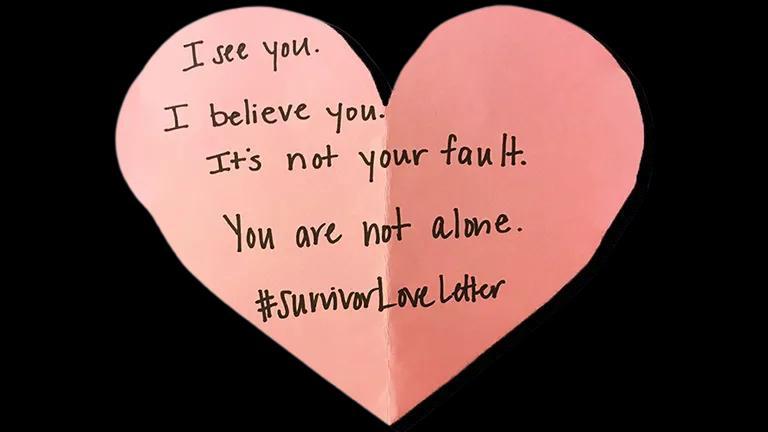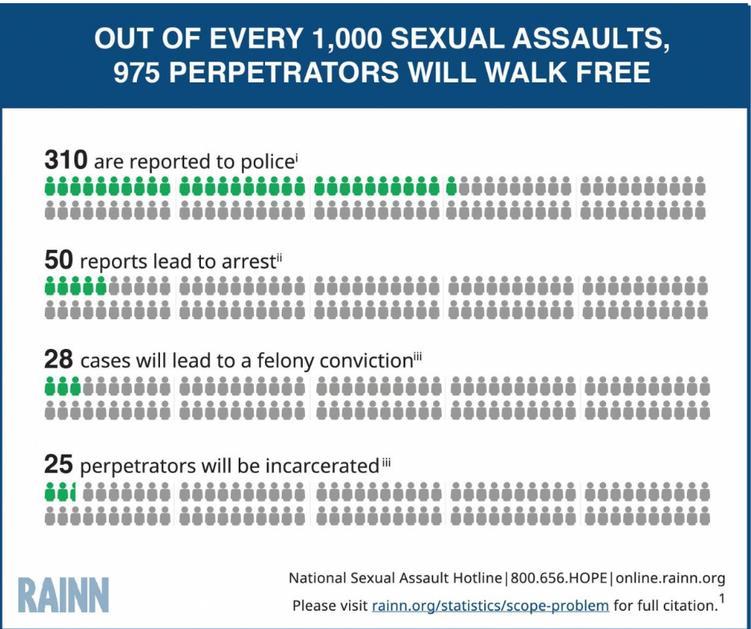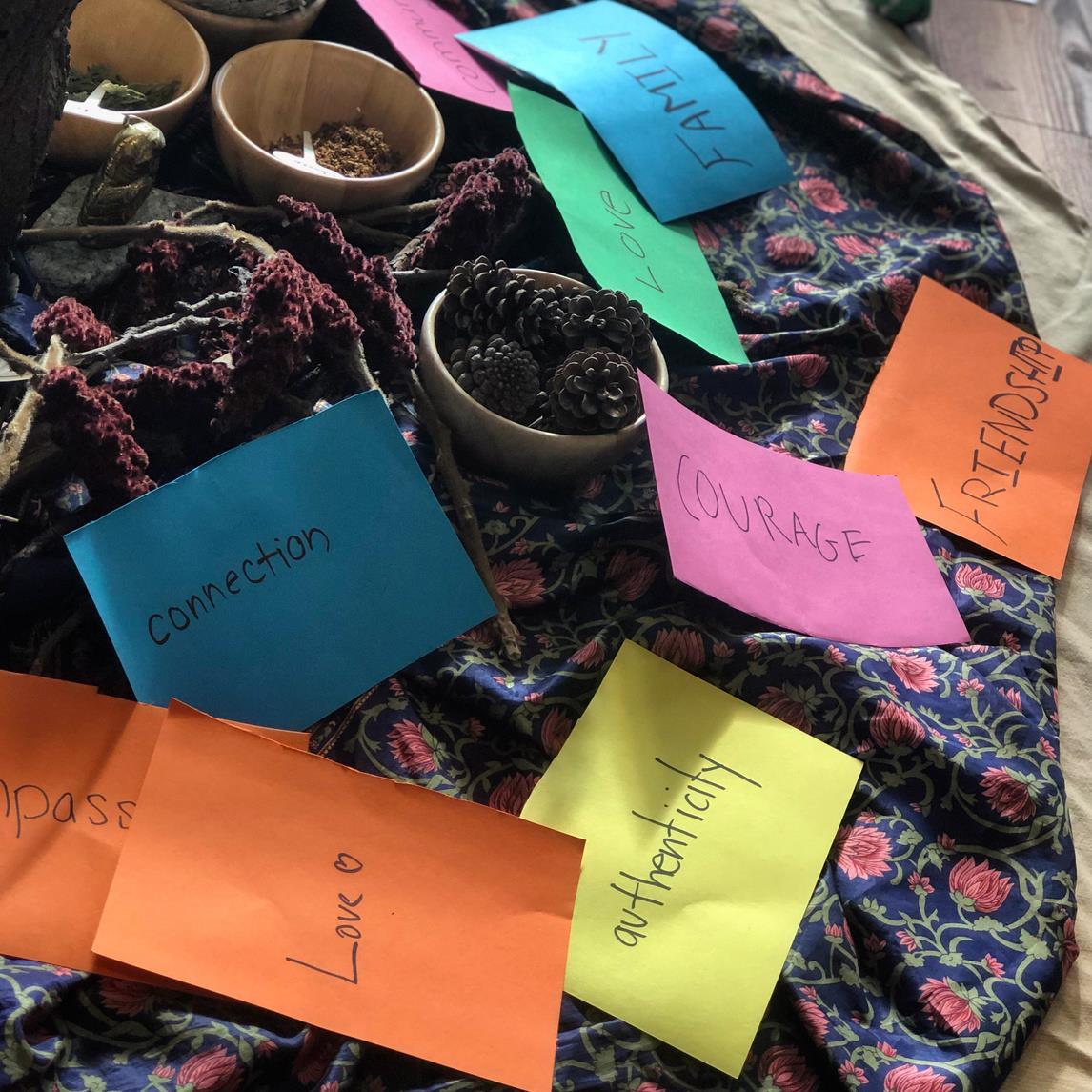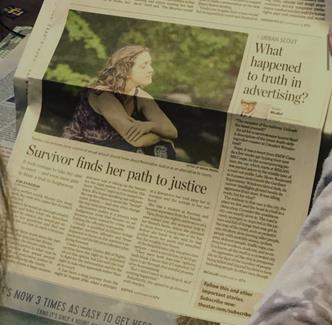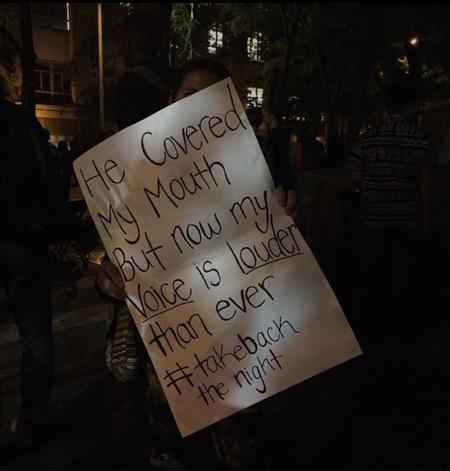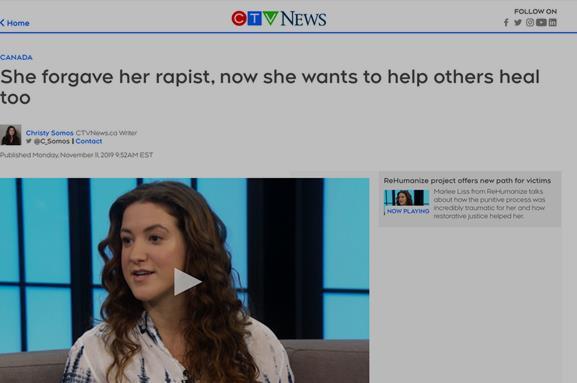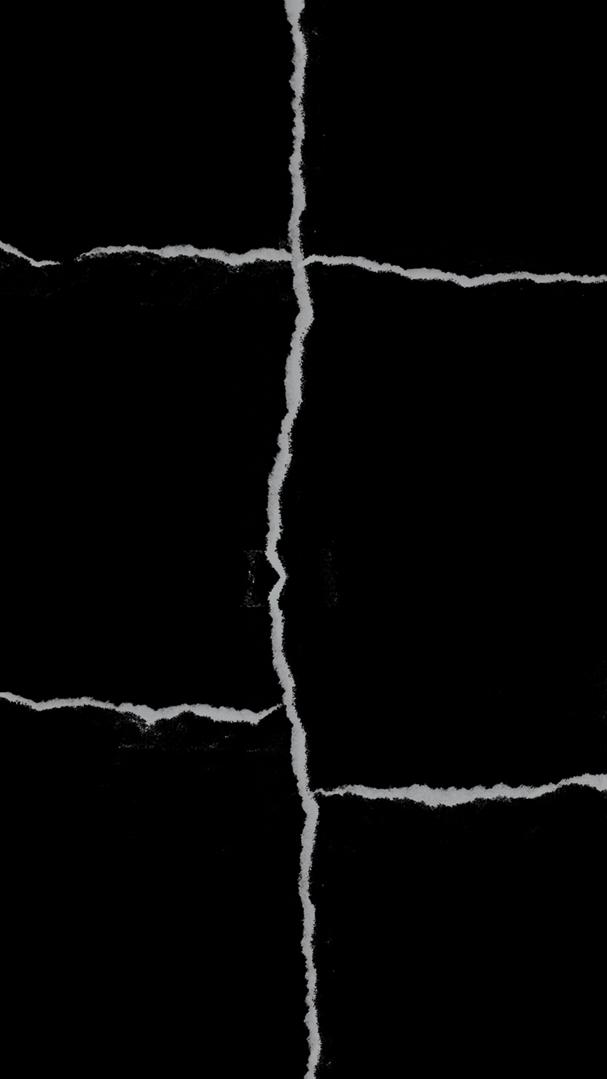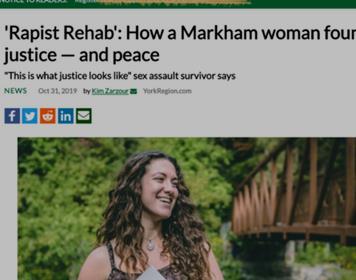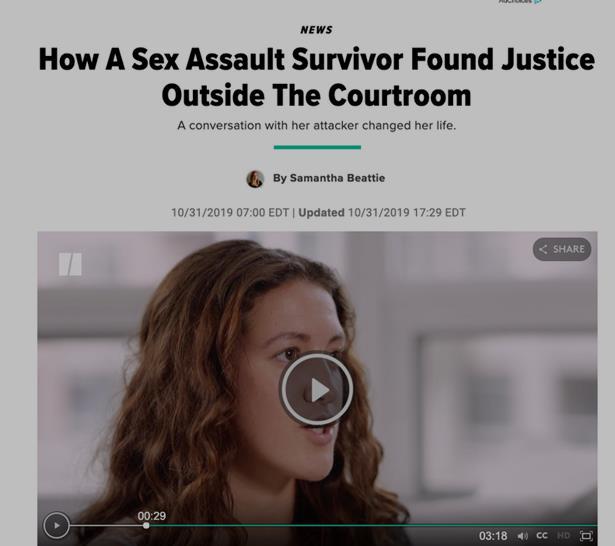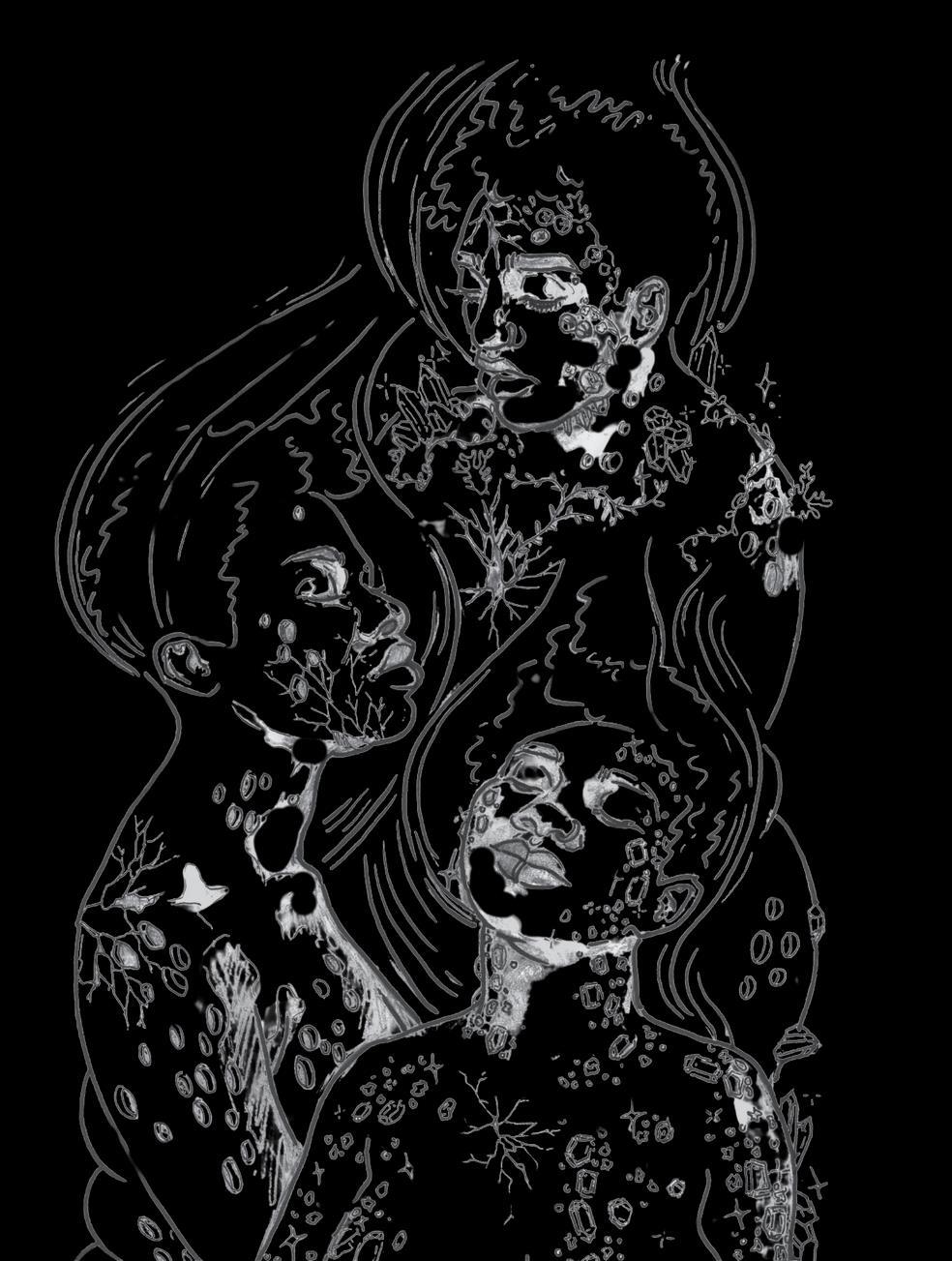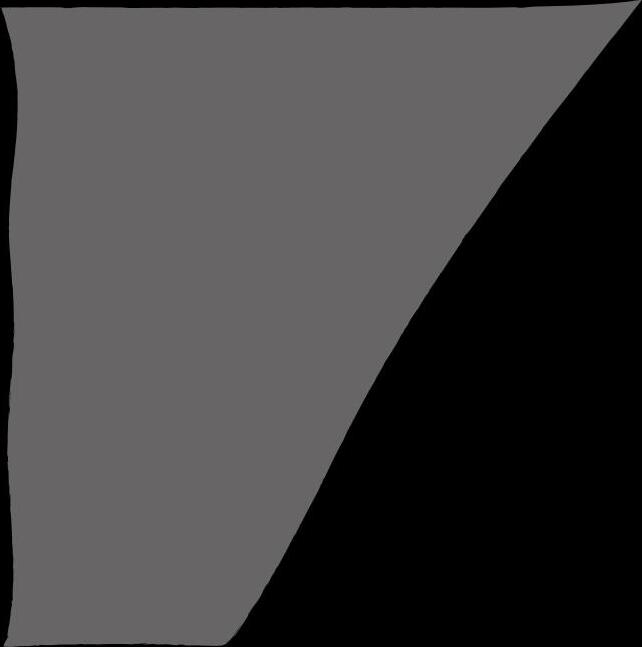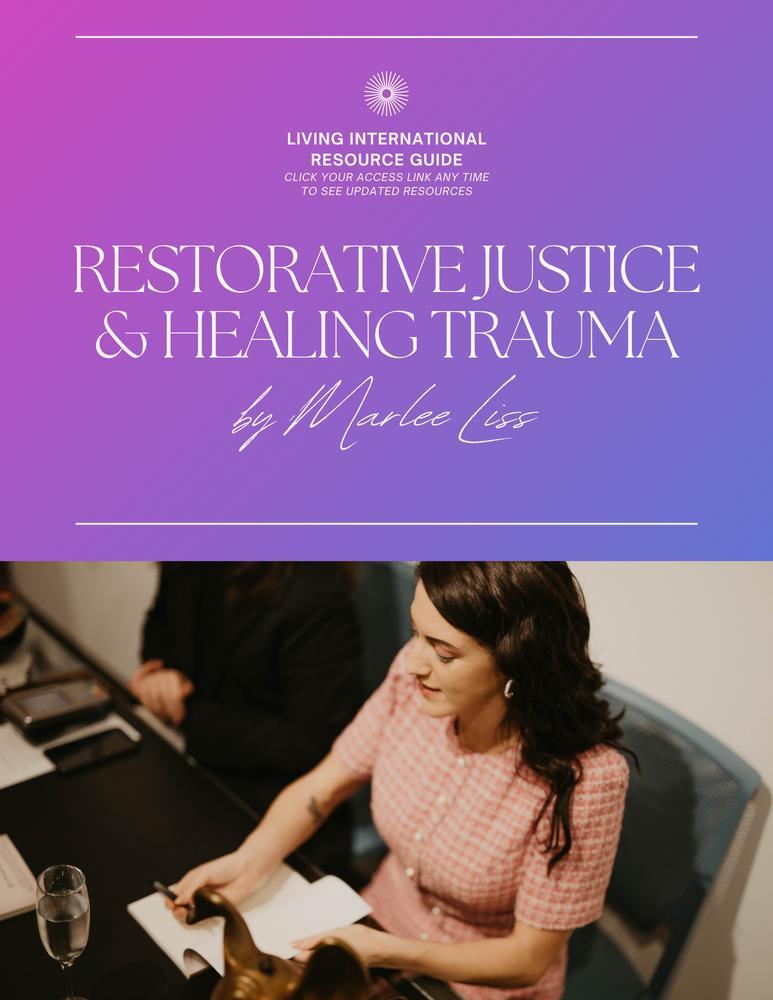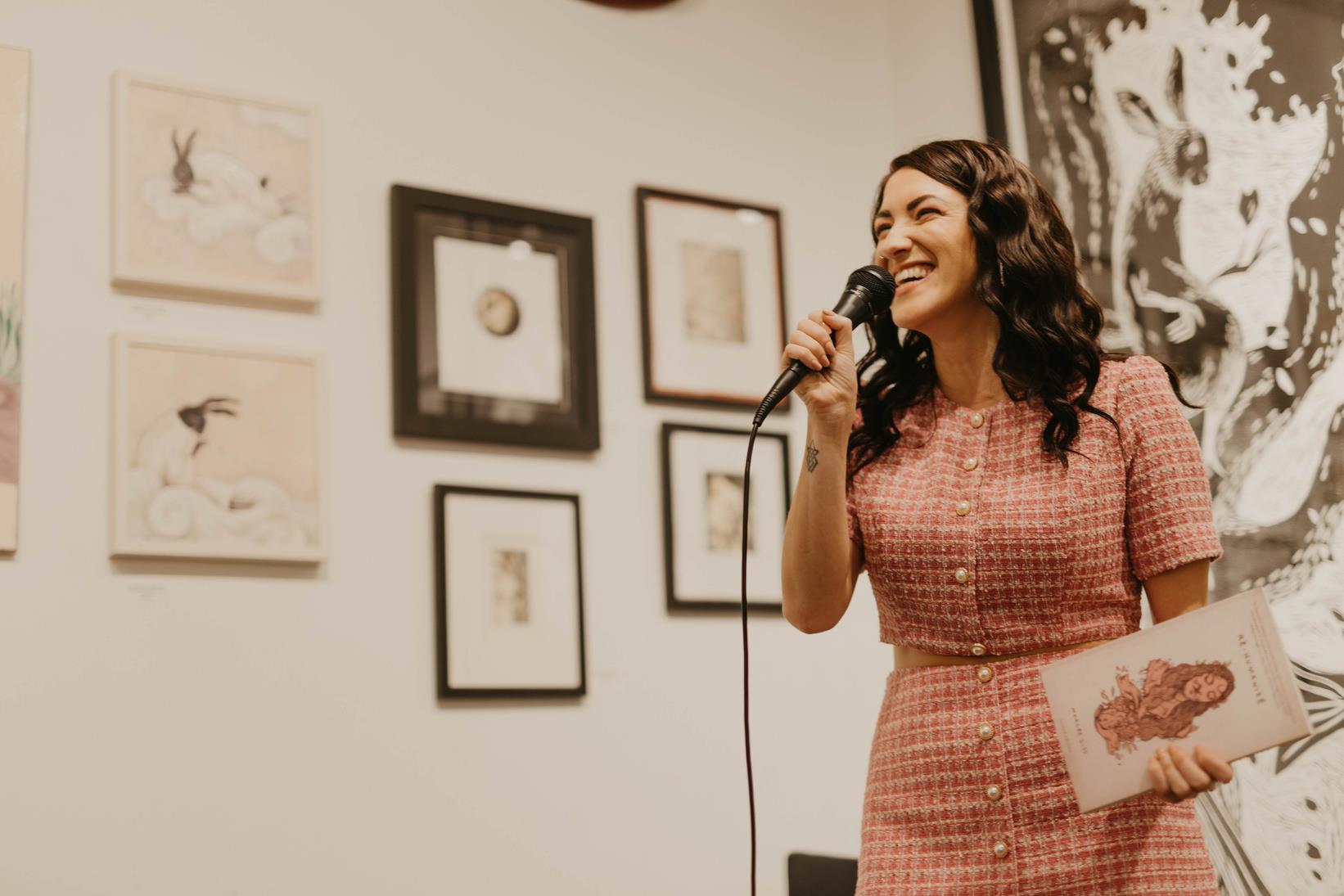2
You feel that the criminal justice system FAILS to prevent violence & help survivors heal
3
You feel that the criminal justice system FAILS to affirm survivors right to consent and trauma-informed care
You want a world completely free from violence but worry that dream is naive or out of reach. Ie. ‘That will never happen in my lifetime’
Sexual assaults are actually increasing in the UK, the figure has nearly doubled since 2014. In Canada, SA is the only violent crime not declining.
with 53 survivor advocates: “83% percent of advocates revealed the court process as a whole regularly retraumatized their clients.”
3 Adrienne Maree Brown encourages us to ask: Who benefits from our hopelessness?
• To dream of a system that makes healing and justice synonymous
⚬ Normalize approaches that centre the diverse needs of those harmed
• To deem transformation possible and to recognize this hope as courageous > delusional
• Examine what we’re doing now (transfer harm) vs. what we need to do be doing (eradicate harm)
• Refuse systems of dehumanization and understand the role healing plays in breaking cycles of harm
Group Check-In:
What shapes & limits my perspective; honouring lived expertise, every seat of the circle & every voice within these movements
Agenda for today’s training: My story and Q&A Session
Content Warning and Grounding Breaths
Artwork by M. Rosky from ‘Re-Humanize’ by Marlee Liss
-Everything I experienced leading up to and during the preliminary trial confirmed the powerlessness I felt through assault
-Survivors deserve better than a process that justifies our dehumanization in order to ‘get justice’
Artwork by M. Rosky from ‘Re-Humanize’ by Marlee Liss
• The power of needs-based conversation: ‘What would justice look like to you?’
• Permission to dream beyond the punitive version of ‘justice’ that has been legitimized in a colonial context
• Discovering Restorative Justice: Duality of gratitude for this practice/lineage & frustration that no one had ever mentioned this option
marleeliss.com
@marleeliss
• Meeting with the Crowns: Survivor centred response vs. adversarial response
• “Victims constantly re-traumatized, rapists acquitted, in the rare case conviction happens, recidivism rates are high” Sweeny, Canadian Crown Attorney
• Healing through having our voices heard & needs centred
• Survivors most commonly reported needs: Accountability, reassurance that they won’t do this again, coherent narrative (Sered, 2019)
• The ripples of trauma AND healing
• Unpacking how patriarchal narratives of masculinity normalize violence (In the UK: 98% of adults prosecuted for sexual offences are men)
• Contextualizing harm = a doorway to compassion
• Dropping the charges & breaking cycles:
⚬ Adult offenders had a proven reoffending rate of 25.1% UK*
⚬ Shame, isolation, poverty & exposure to violence drive violence
• Having experienced the contrast between punitive vs. restorative we knew we had to be loud about this
• Hearing from thousands of survivors saying “I wish I knew about this”
marleeliss.com | @marleeliss
We can all build a vision of Justice that is synonymous with Healing
• We can ask more meaningful questions when responding to harm: Is it preventing future violence & breaking cycles of harm? Is it helping the survivor heal? Is it escalating or de-escalating violence?
• We can practice asking survivors what we need
⚬ Recognizing that healing breaks cycles
• We can embody what we’re fighting for by weaving Restorative principles into our everyday lives
• We can access more compassion by contextualizing harm & refusing dehumanization
• We can focus on eradicating harm, rather than merely transferring it: No one is disposable
Resources & Ways to Stay Connected
for being here, for disrupting violence, supporting survivors and helping to bridge justice healing. Scan below for feedback form, Restorative Justice Resource Guide, contact info & more.
